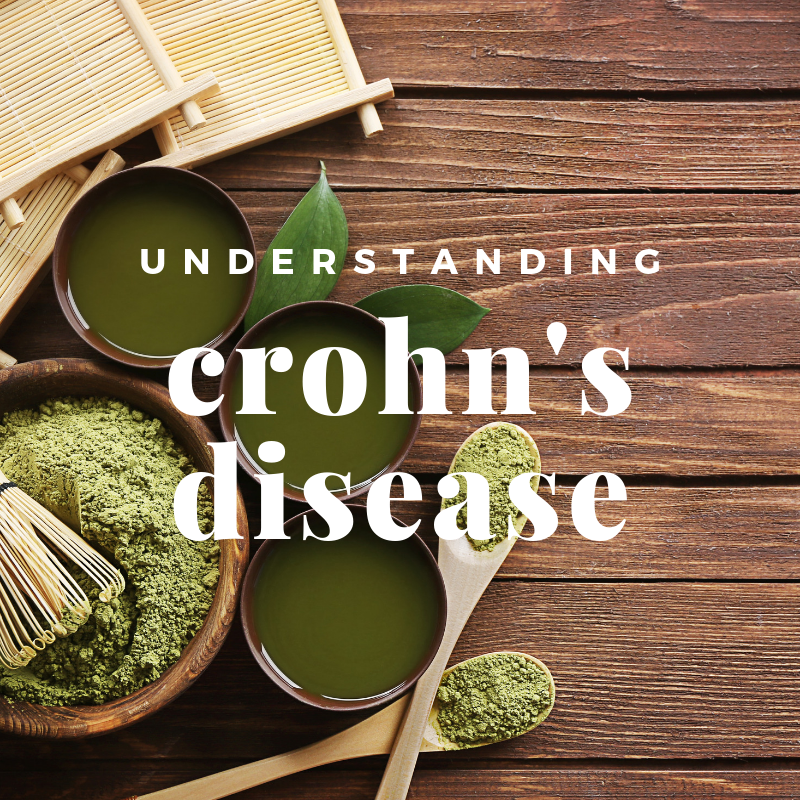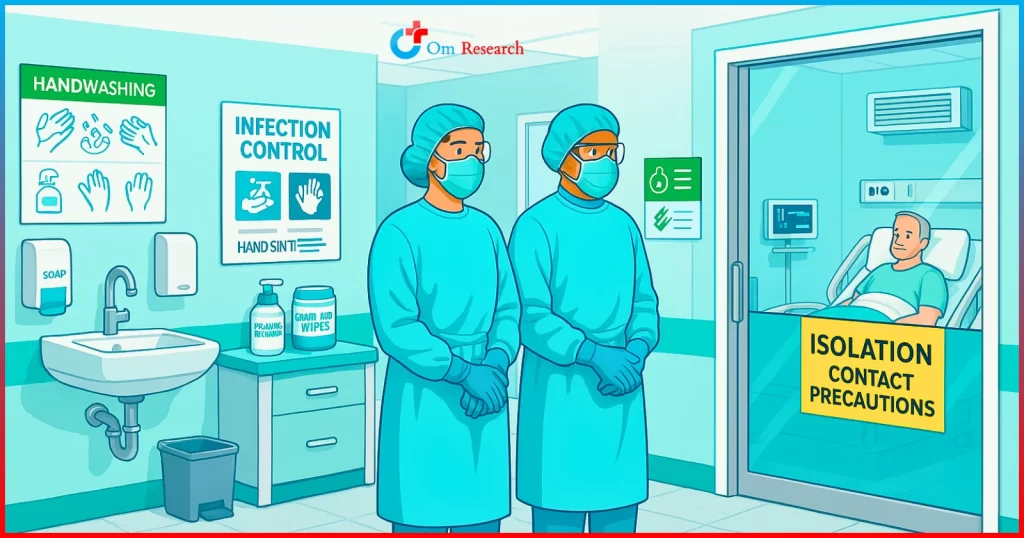Crohn’s disease is an inflammatory bowel disease also called IBD. It causes inflammation of the digestive tract, which can lead to abdominal pain, severe diarrhea, fatigue, weight loss and malnutrition. Inflammation caused by Crohn’s disease is not designated to one specific area of the digestive tract. The inflammation often spreads deep into the layers of affected bowel tissue. The most common areas affected by Crohn’s disease are the last part of the small intestine and the colon.
There is no known cure for Crohn’s disease however there are many therapies that can greatly reduce its signs and symptoms and even bring about long-term remission.
Signs and symptoms of Crohn’s disease can range from mild to severe. The symptoms usually develop gradually, but sometimes will come on suddenly, without warning. You may also have periods of time when you have no signs or symptoms (remission).
When the disease is active, signs and symptoms may include:
- Diarrhea
- Fever
- Fatigue
- Abdominal pain and cramping
- Blood in your stool
- Mouth sores
- Reduced appetite and weight loss
- Pain or drainage near or around the anus due to inflammation from a tunnel into the skin (fistula)
Other signs and symptoms
People with severe Crohn’s disease also may experience:
- Inflammation of skin, eyes and joints
- Inflammation of the liver or bile ducts
- Delayed growth or sexual development, in children
When should you see your doctor
If you have persistent changes in your bowel habits or if you have any of the signs and symptoms of Crohn’s disease, such as:
- Abdominal pain
- Blood in your stool
- Ongoing bouts of diarrhea that don’t respond to over-the-counter (OTC) medications
- Unexplained fever lasting more than a day or two
- Unexplained weight loss
Causes
The exact cause of Crohn’s disease remains unknown however it is being vastly studied through multiple clinical trials to date. Several factors, such as heredity and a malfunctioning immune system, likely play a role in its development. It’s possible that a virus or bacterium may trigger Crohn’s disease. When your immune system tries to fight off the invading microorganism, an abnormal immune response causes the immune system to attack the cells in the digestive tract, too.
Crohn’s is more common in people who have family members with the disease, so genes may play a role in making people more susceptible. However, most people with Crohn’s disease don’t have a family history of the disease.
Om Research is pleased to be participating in multiple IBD clinical trials in the search of new treatments for mild to severe IBD including Crohn’s disease. Please contact us to see if you are eligible to participate in a clinical trial. 661-388-2239.



